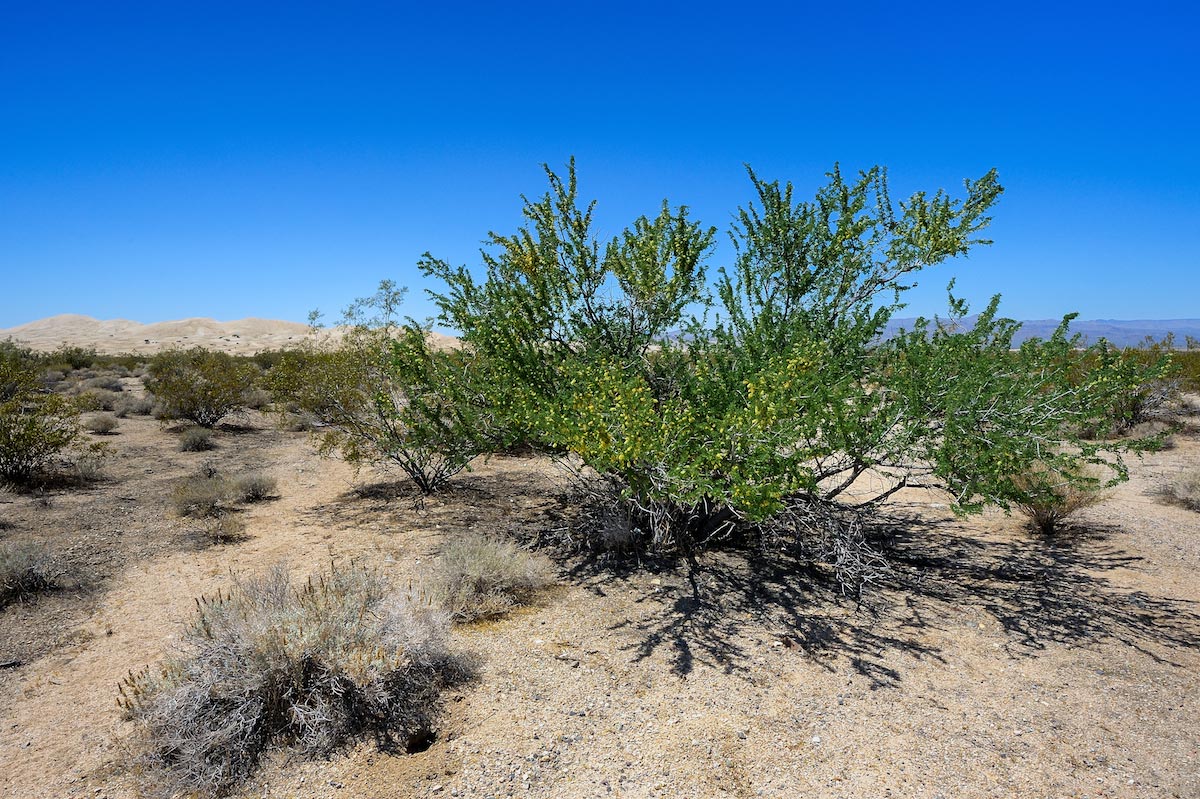California cities threatened with extinction as water refugees flee drought in a desert
08/28/2015 / By Chris Draper

The Central Valley of California has been plagued by an ongoing drought. Tulare County, which is home to 458,000 residents, has been reduced to third-world conditions. Many residents fear that the drought will pluck small towns dotted throughout California off the map.(1)
The drought is draining both people and water. Costs of purchasing water from farmers who have rights to tap rivers is skyrocketing as sources run dry. Consequently, many farmers are resorting to water wells as their primary sources of water.(2)
Scraping at the bottom of the well
Farmers are scraping at the bottom of the water well. The waiting list to use water wells is growing, while the water supply is shortening. Tulane County issued approximately 1,400 well construction permits last year, which was nearly three time the number of permits issued in 2013.(2)
Some wells plunge 3,000 feet deep. Many farmers are paying $300 a foot in the quest for groundwater.(3) Certain customers can expect to wait up to two years before they can use a well.(2)
One problem is that farmers are exhausting water from the wells quicker than nature can replenish them. As a result, farmers are drilling deeper than many current wells extend. This is causing much of the land to sink at an unprecedented rate. Farmers are bearing some of the responsibility for the sinking of Central Valley.
Plunging deeper into the earth has caused many wells to go dry. East Porterville is by far the worst area affected by the drought. The Tule River usually replenished the groundwater in the Porterville area. The drought, in conjunction with excessive water usage, has caused many wells to tap out. In addition, the shallow water sinks rapidly during a drought. Approximately 600 of the 976 wells in the region have quit working.(4)
Starved wells contaminate water
Dried-up water wells contaminate the little water that remains with harmful compounds. Less water means more highly concentrated contaminants, whereas more water dilutes contaminates. According to the Visalia-based Community Water Center, many wells in the San Joaquin Valley are ridden with nitrates, arsenic and bacteria.(4)
Nitrates have been linked to blue baby syndrome, which lowers the oxygen-carrying capacity of hemoglobin in infants. This can lead to the death of the child. Arsenic has also been linked to cancer.(4)
Farming jobs are as scarce as water in California, causing many communities to dwindle into ghost towns. Some towns are evaporating as fast as the water. Lockhart, for instance, was once a thriving community of hundreds of people. Now, only half a dozen homes are occupied in the abandoned town.(1)
Other towns may meet the fate of Lockhart. Many residents are packing their belongings and heading to Oregon, Illinois and Georgia in hopes of a better farming economy.(1)
The lack of water is provoking social issues as well. As wells run dry, neighbors are becoming hostile towards water haulers. Many refuse to let the little water that remains to be taken elsewhere. So much so that some people started parking their cars together to block water haulers from the reaching the well. Police officials have been called out on occasion to handle the high tensions between citizens and water haulers.
Tulare County teeters on the verge of extinction. They have been issued a $1.6 million state grant and are hoping the federal government will cover the remaining $400,000 for a new well. The government has already denied Tulare County their share from the network of dams, reservoirs and canals pervading the state. Once an artificial paradise created by man, many towns throughout California will die as wells go dry.(1)
Sources include:
(2) Bloomberg.com
Tagged Under: California cities, desert, Drought, extinction, water refugees




















